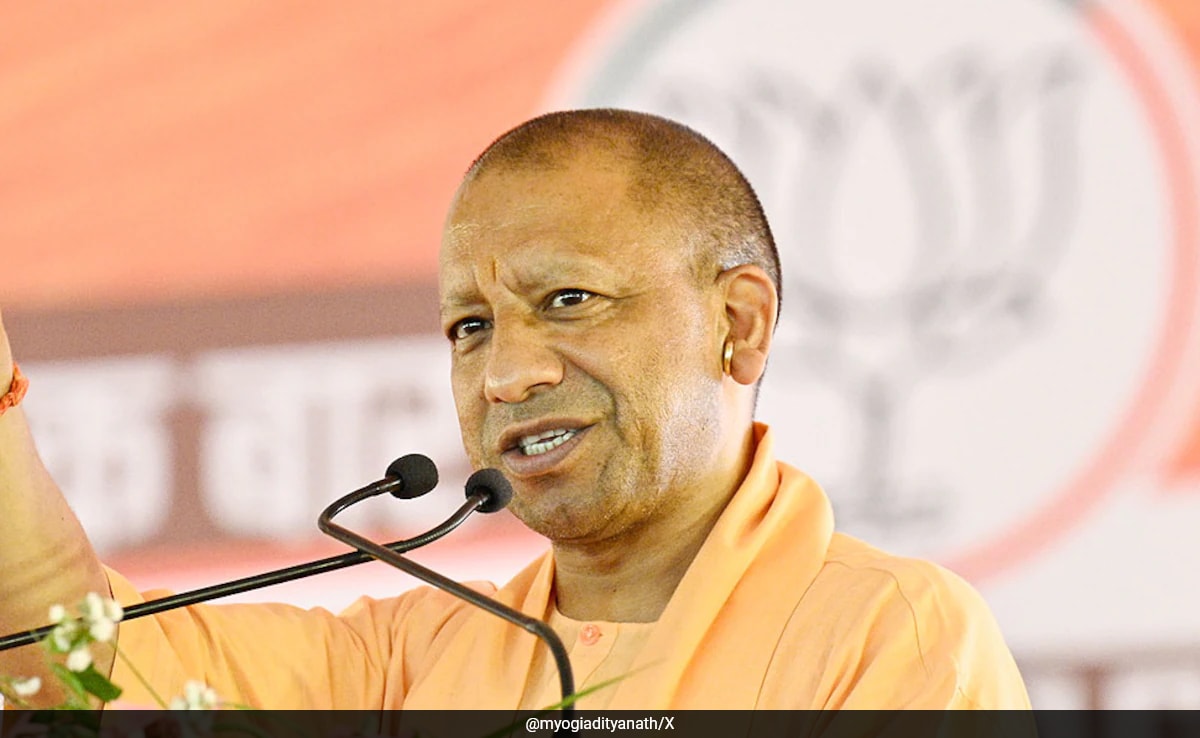
While Australia’s environmental scorecard worsens in 2023, the country performs better than many other countries, an annual university report says.
While 2023 was the hottest year on record globally, for Australia it was the eighth warmest due to humidity and relatively mild conditions.
The research is conducted annually by the Australian National University (ANU) and is included in Environment Australia 2023 Report.
Researchers gave Australia a score out of 10 for its use of scientific information. It is 7.5 points in 2023, down from 8.7 points the previous year.
The main reason for the decrease is lower rainfall compared with 2022. They stressed the report card was not a reflection of Canberra government policy but an overall assessment of the health of the environment.
Information on weather data is used together with satellite data on threatened species, biodiversity and water flows to calculate the annual score.
Australia’s biodiversity took a major hit last year, research shows. According to the report, 130 new species were added to the list of threatened species, a record high, while an average of 29 new species are added every year.
The university’s investigation details how Australia’s population grew “rapidly” by 3.5 per cent last year, the fastest growth rate in decades.
Research shows Australia ranks tenth in the world for greenhouse gas emissions per capita, behind Saudi Arabia.
Professor Albert van Dijk from the Fenner School of the Environment at the Australian National University told VOA the country’s greenhouse gas emissions increased for the first time in five years, mainly due to increased domestic air travel in the wake of the coronavirus pandemic.
“While our per capita emissions are falling very slowly, much more slowly than in most industrialized countries, it’s very slow, but our population is growing so fast,” he said. “Our emissions are falling.” So, you know, as a country, we’re not meeting the emissions reduction targets that we need to be meeting. “
Overall, the Australian National University’s annual report states that Australia is the world’s 15th largest emitter of greenhouse gases, accounting for 1% of global emissions.
Van Dijk believes that as a wealthy country, Australia should do more to combat the effects of climate change.
“If you look at the uptake of electric vehicles, if you look at the uptake of renewable energy, we are still lagging behind internationally,” he said. “We are 10th in the world in emissions per capita; we are on par with the global average. Three times, twice the average level of the Chinese people.”
He said countries like the UK were taking more steps to reduce emissions per capita.
“Australia needs to really step up its efforts. I think we should be very worried about the state of the global environment, particularly climate change.”
For the first time, the Australian government has legislated a target to reduce carbon emissions by 43% from 2005 levels by 2030 and achieve net-zero emissions by 2050.
Follow us on Google news ,Twitter , and Join Whatsapp Group of thelocalreport.in
















